Home>Gardening & Outdoor>Landscaping Ideas>What Is Bermuda Grass
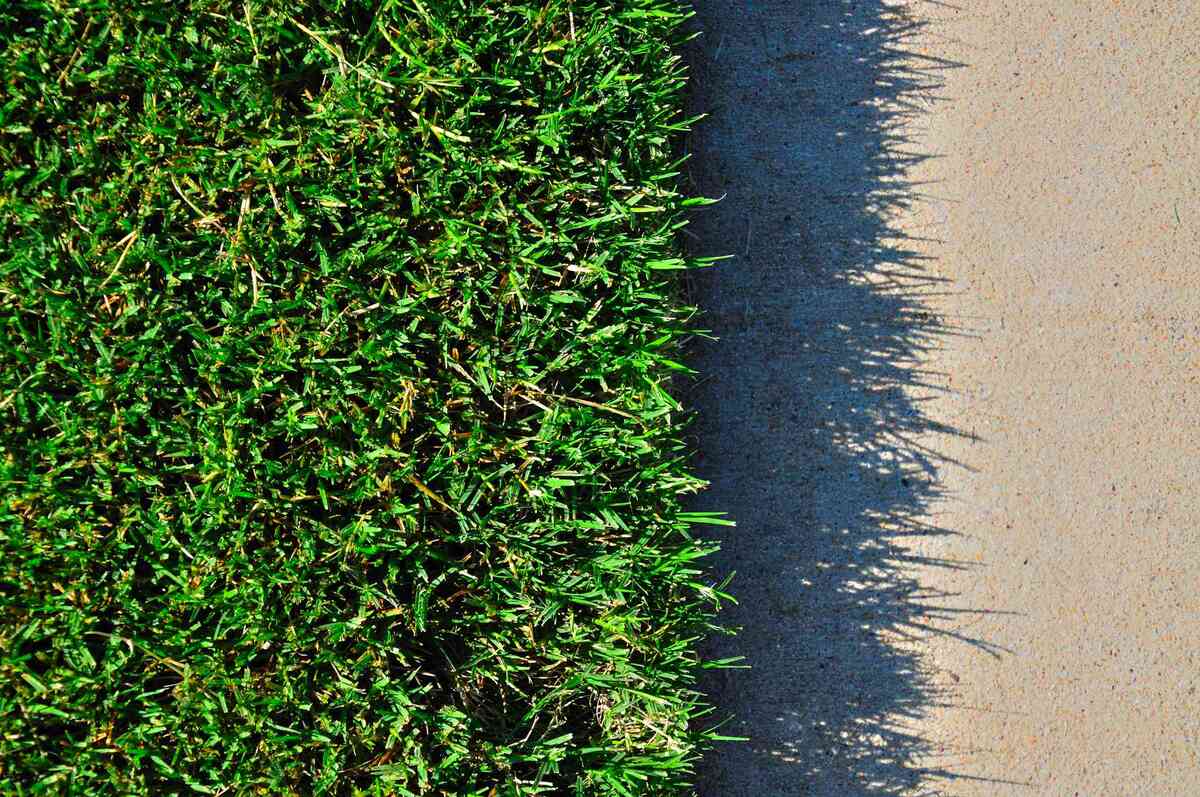

Landscaping Ideas
What Is Bermuda Grass
Modified: March 26, 2024
Learn about the benefits of Bermuda grass for landscaping ideas and discover how to maintain a lush, green lawn with this versatile and resilient grass variety. Ideal for creating a beautiful outdoor space.
(Many of the links in this article redirect to a specific reviewed product. Your purchase of these products through affiliate links helps to generate commission for Storables.com, at no extra cost. Learn more)
Introduction
Bermuda grass, scientifically known as Cynodon dactylon, is a warm-season grass that originated in Africa but has become popular in various parts of the world due to its exceptional qualities. This resilient and versatile grass species is celebrated for its ability to thrive in diverse climates, making it a sought-after choice for lawns, sports fields, and golf courses. Its adaptability, durability, and aesthetic appeal have established Bermuda grass as a staple in landscaping and turf management.
As a homeowner or landscaping enthusiast, understanding the characteristics, uses, and maintenance requirements of Bermuda grass can empower you to make informed decisions when considering it for your outdoor spaces. This comprehensive guide will delve into the various aspects of Bermuda grass, shedding light on its unique features, practical applications, growth and maintenance, common varieties, and the advantages and disadvantages associated with its cultivation. By the end of this journey, you will have gained valuable insights into the world of Bermuda grass, equipping you with the knowledge needed to harness its potential for your landscaping endeavors.
Key Takeaways:
- Bermuda grass is a resilient and versatile option for lawns, sports fields, and golf courses, thriving in diverse climates and withstanding heavy foot traffic. Its rapid growth and heat resistance make it a top choice for vibrant and durable turf areas.
- While Bermuda grass offers exceptional drought tolerance and vibrant green color, it requires specific maintenance practices and may exhibit invasive growth habits. Understanding its advantages and disadvantages is crucial for creating thriving and visually appealing landscapes.
Read more: What Eats Bermuda Grass In Africa
Characteristics of Bermuda Grass
Bermuda grass is renowned for its remarkable resilience and adaptability, making it a popular choice for a range of landscaping and turf applications. Some of its key characteristics include:
- Drought Tolerance: Bermuda grass exhibits exceptional drought tolerance, allowing it to thrive in arid and semi-arid regions where water scarcity is a concern. Its ability to withstand prolonged periods of limited water makes it an ideal choice for regions with hot, dry climates.
- Heat Resistance: This grass species is well-suited to high-temperature environments, retaining its vibrant green color even during the sweltering summer months. Its heat resistance enables it to maintain its lush appearance in challenging weather conditions.
- Rapid Growth: Bermuda grass is known for its vigorous growth rate, quickly establishing a dense and lush turf cover. This rapid growth makes it an excellent option for filling in bare patches and creating a lush, uniform lawn.
- Tolerance to Foot Traffic: Due to its robust nature, Bermuda grass can withstand heavy foot traffic, making it an ideal choice for sports fields, parks, and other high-traffic areas. Its resilience to wear and tear sets it apart as a durable turf option.
- Adaptability to Various Soil Types: Bermuda grass displays a remarkable ability to thrive in different soil types, including sandy, loamy, and clay soils. Its adaptability to diverse soil conditions enhances its suitability for a wide range of landscaping projects.
- Aggressive Growth Habit: With its aggressive growth habit, Bermuda grass can quickly spread and fill in bare areas, creating a dense and uniform turf cover. This attribute contributes to its effectiveness in achieving full ground coverage within a relatively short period.
These distinctive characteristics collectively position Bermuda grass as a versatile and resilient turf option, capable of flourishing in various environmental conditions while meeting the demands of different landscaping and recreational settings.
Uses of Bermuda Grass
Bermuda grass boasts a wide range of practical applications, making it a coveted choice for diverse landscaping and turf management needs. Its versatile nature and resilience have led to its widespread adoption in the following areas:
- Lawn Establishment: Bermuda grass is a popular choice for establishing lush, vibrant lawns in residential, commercial, and recreational settings. Its rapid growth, heat resistance, and tolerance to foot traffic make it an ideal candidate for creating visually appealing and durable turf areas.
- Sports Turf: The durability and resilience of Bermuda grass render it well-suited for sports fields, including football fields, soccer pitches, and golf course fairways. Its ability to withstand heavy use and rapid recovery from wear make it an excellent option for athletic surfaces.
- Golf Course Greens: Many golf courses feature Bermuda grass on their putting greens and fairways due to its fine texture, ability to withstand close mowing, and capacity to provide a consistent playing surface, contributing to an optimal golfing experience.
- Parks and Recreational Areas: Bermuda grass is utilized in public parks, playgrounds, and recreational areas, where its resilience, aesthetic appeal, and ability to endure heavy foot traffic make it an ideal choice for creating inviting and functional outdoor spaces.
- Erosion Control: Due to its rapid growth and dense root system, Bermuda grass is employed for erosion control on slopes, embankments, and disturbed soil areas. Its ability to stabilize soil and prevent erosion makes it an effective solution for landscaping projects in need of soil retention measures.
- Roadside Landscaping: The hardiness and adaptability of Bermuda grass make it suitable for roadside landscaping and median beautification projects. Its ability to thrive in challenging environmental conditions and withstand roadside maintenance activities enhances its value in such applications.
These diverse uses underscore the versatility and practicality of Bermuda grass, positioning it as a go-to option for achieving resilient, visually appealing, and functional turf and landscape solutions across various settings.
Growth and Maintenance of Bermuda Grass
Bermuda grass, known for its vigorous growth and resilience, requires specific care and maintenance practices to ensure its optimal health and appearance. Understanding the growth patterns and maintenance needs of Bermuda grass is essential for cultivating thriving turf areas and lush lawns. Here are key considerations for the growth and maintenance of Bermuda grass:
- Optimal Growing Conditions: Bermuda grass flourishes in full sunlight and well-drained soil. It is crucial to provide the grass with at least 6-8 hours of direct sunlight daily for robust growth. Additionally, ensuring proper soil drainage is essential to prevent waterlogging, which can adversely affect the grass’s health.
- Regular Mowing: Maintaining an appropriate mowing height is vital for Bermuda grass. For most applications, a recommended mowing height of 0.5 to 1.5 inches is ideal, although specific settings may vary based on the intended use of the turf area.
- Watering Practices: While Bermuda grass is known for its drought tolerance, it benefits from regular watering to maintain its lush appearance. Deep, infrequent watering is preferred to encourage deep root growth and overall turf resilience.
- Fertilization: Providing Bermuda grass with balanced fertilization at the appropriate times is crucial for promoting healthy growth and vibrant color. Following a fertilization schedule tailored to the specific needs of Bermuda grass can enhance its overall vigor and appearance.
- Aeration and Dethatching: Periodic aeration and dethatching help alleviate soil compaction and remove excessive thatch buildup, allowing air, water, and nutrients to penetrate the root zone effectively. These practices contribute to improved turf health and vitality.
- Weed Control: Implementing an effective weed control regimen is essential for preserving the pristine appearance of Bermuda grass. Regular monitoring and targeted weed management strategies help prevent weed encroachment and maintain the turf’s uniformity.
- Overseeding (Optional): In regions with cooler winters, overseeding Bermuda grass with a cool-season grass can help maintain year-round green coverage. This practice is often employed to ensure consistent turf color and density throughout the year.
By adhering to these growth and maintenance practices, property owners and turf managers can nurture thriving Bermuda grass landscapes, ensuring that the grass remains vibrant, resilient, and visually appealing throughout the year.
Bermuda grass is a warm-season grass that is commonly used for lawns, sports fields, and golf courses. It is known for its durability and ability to withstand heavy foot traffic, making it a popular choice for high-traffic areas.
Common Varieties of Bermuda Grass
Bermuda grass encompasses several popular varieties, each with distinct attributes and suitability for specific applications. Understanding the characteristics of common Bermuda grass varieties is essential for selecting the most suitable option based on the intended use and environmental considerations. Here are some prevalent varieties of Bermuda grass:
- Tifway 419: Known for its exceptional wear tolerance and fine texture, Tifway 419 Bermuda grass is widely utilized for sports fields, golf course fairways, and residential lawns. Its rapid regrowth and ability to withstand heavy foot traffic make it a preferred choice for high-traffic turf areas.
- Common Bermuda Grass: This variety, also referred to as “Midiron,” is valued for its affordability and adaptability to diverse soil types. Common Bermuda grass is commonly employed for large-scale turf projects, such as parks, commercial landscapes, and roadside beautification, owing to its resilience and cost-effectiveness.
- Princess 77: Princess 77 Bermuda grass is esteemed for its fine texture, vibrant color, and superior drought tolerance. It is often chosen for golf course tees, residential lawns, and commercial landscapes, where its lush appearance and durability are highly prized.
- Sahara Bermuda Grass: Recognized for its remarkable heat tolerance and minimal water requirements, Sahara Bermuda grass thrives in hot, arid climates. It is a preferred option for landscapes, parks, and recreational areas in regions with challenging environmental conditions.
- Celebration Bermuda Grass: With its rapid establishment, deep green color, and exceptional recuperative ability, Celebration Bermuda grass is favored for sports fields, golf course roughs, and high-end residential lawns. Its robust growth and resilience make it well-suited for demanding turf applications.
These common Bermuda grass varieties offer a spectrum of attributes, allowing property owners, landscapers, and turf managers to select the most fitting option based on the specific requirements of their landscaping or recreational projects. By leveraging the unique qualities of these varieties, individuals can achieve vibrant, resilient, and visually appealing turf areas tailored to their distinct needs.
Read more: What Is A Good Fertilizer For Bermuda Grass
Advantages and Disadvantages of Bermuda Grass
Bermuda grass presents a host of advantages and disadvantages, each influencing its suitability for various landscaping and turf applications. Understanding the pros and cons of Bermuda grass is crucial for making informed decisions regarding its incorporation into outdoor spaces. Here are the key advantages and disadvantages of Bermuda grass:
Advantages:
- Drought Tolerance: Bermuda grass exhibits exceptional drought tolerance, making it well-suited for regions with limited water availability. Its ability to thrive in arid conditions contributes to water conservation efforts and sustainable landscaping practices.
- Heat Resistance: The heat resistance of Bermuda grass enables it to maintain its lush green color during hot, sunny periods, ensuring vibrant and visually appealing turf areas throughout the summer months.
- Rapid Growth: With its vigorous growth rate, Bermuda grass quickly establishes lush, uniform turf cover, making it an efficient choice for achieving full ground coverage in a relatively short timeframe.
- Wear Tolerance: Bermuda grass can withstand heavy foot traffic and recreational activities, making it an ideal option for sports fields, parks, and high-traffic landscapes where durability is essential.
- Versatility: The adaptability of Bermuda grass to various soil types and environmental conditions enhances its versatility, allowing it to thrive in diverse settings and climates.
Disadvantages:
- Invasive Growth: The aggressive growth habit of Bermuda grass can lead to encroachment in flower beds, gardens, and other landscaped areas, requiring diligent maintenance to prevent its spread beyond designated turf zones.
- Winter Dormancy: In colder regions, Bermuda grass enters a period of dormancy during winter, resulting in a brown, dormant appearance until the onset of warmer temperatures. This seasonal dormancy may detract from its visual appeal in cooler climates.
- High Maintenance Requirements: While Bermuda grass offers resilience, it demands specific maintenance practices, including regular mowing, watering, and fertilization, to preserve its lush appearance and health, necessitating ongoing upkeep efforts.
- Weed Susceptibility: Without proper weed management, Bermuda grass can be vulnerable to weed infestation, requiring proactive measures to maintain its uniformity and aesthetic appeal.
- Aggressive Root System: The robust root system of Bermuda grass can contribute to its invasive nature, necessitating containment measures to prevent its spread into non-turf areas.
By weighing these advantages and disadvantages, property owners and landscaping professionals can make informed decisions regarding the integration of Bermuda grass into their outdoor environments, leveraging its strengths while mitigating potential challenges to achieve thriving and visually captivating landscapes.
Frequently Asked Questions about What Is Bermuda Grass
Was this page helpful?
At Storables.com, we guarantee accurate and reliable information. Our content, validated by Expert Board Contributors, is crafted following stringent Editorial Policies. We're committed to providing you with well-researched, expert-backed insights for all your informational needs.
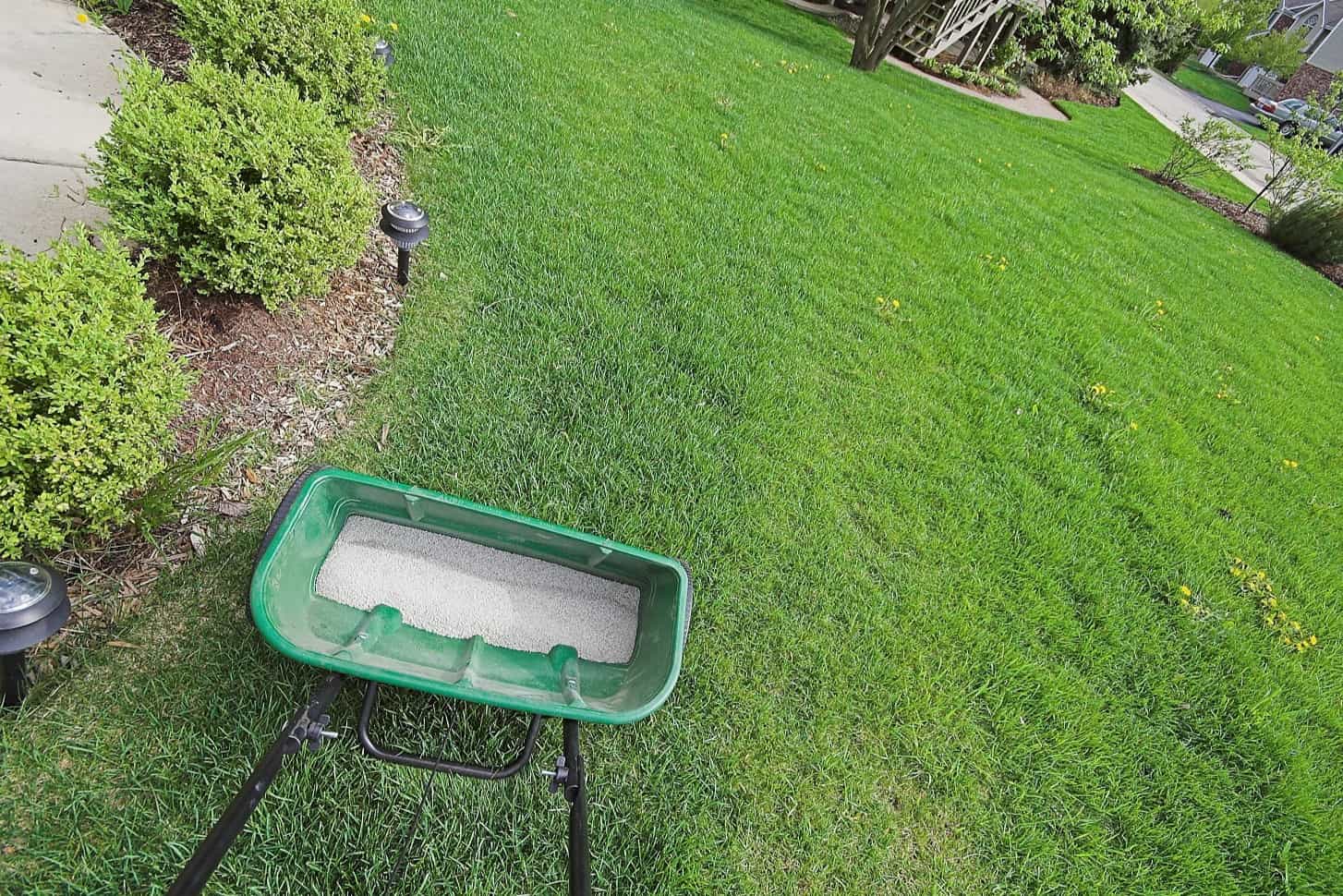
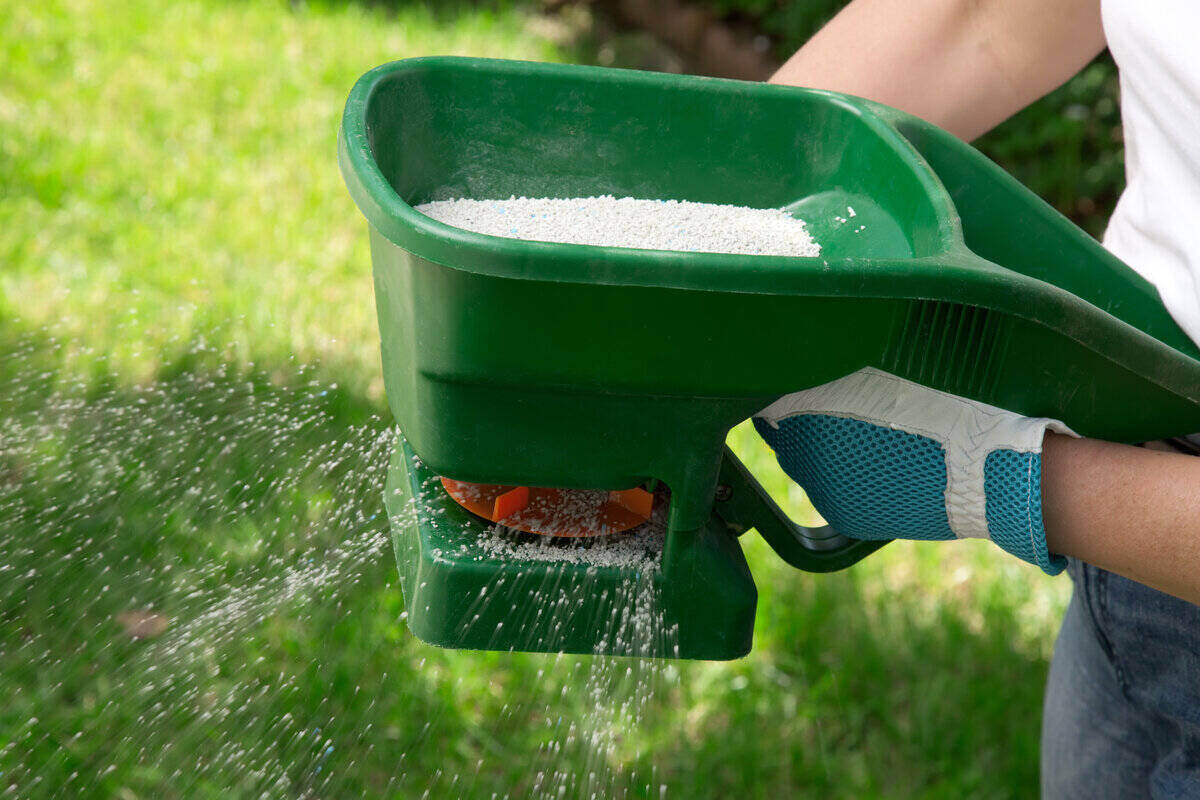
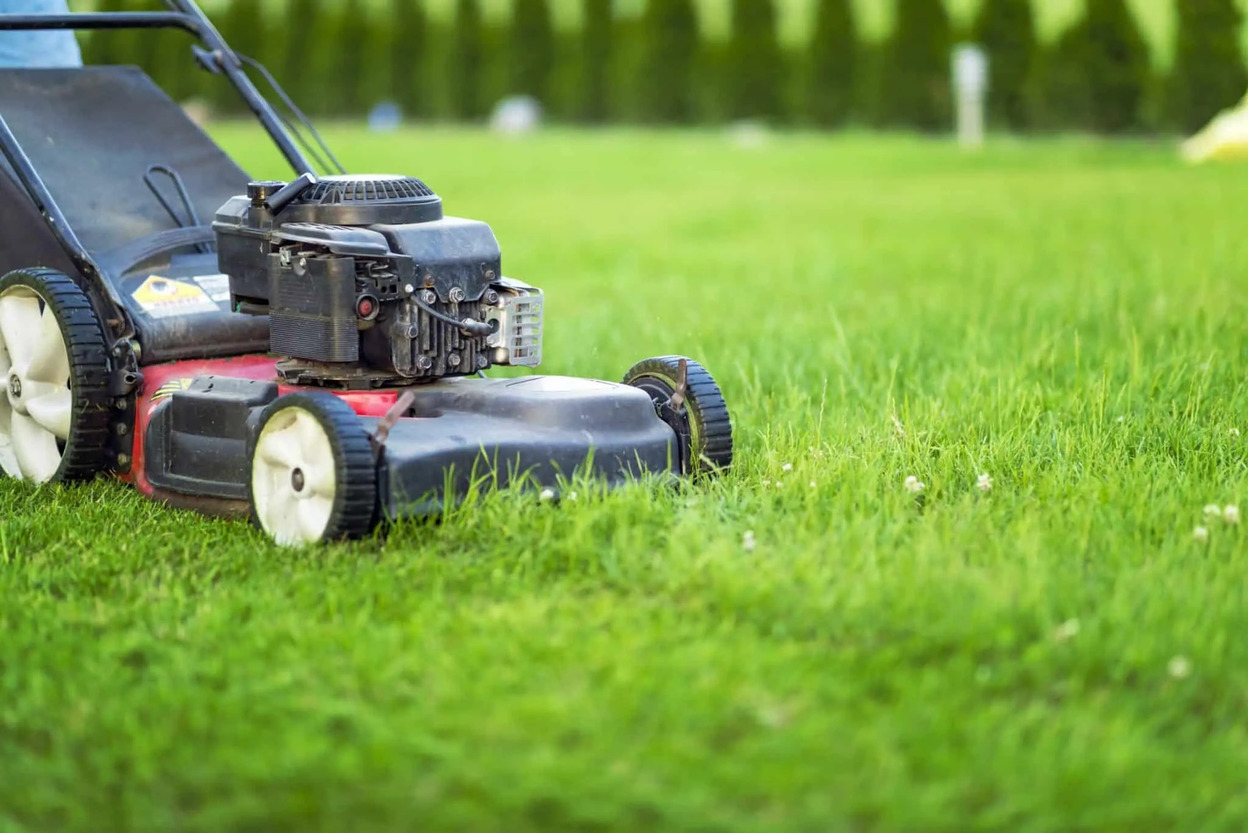
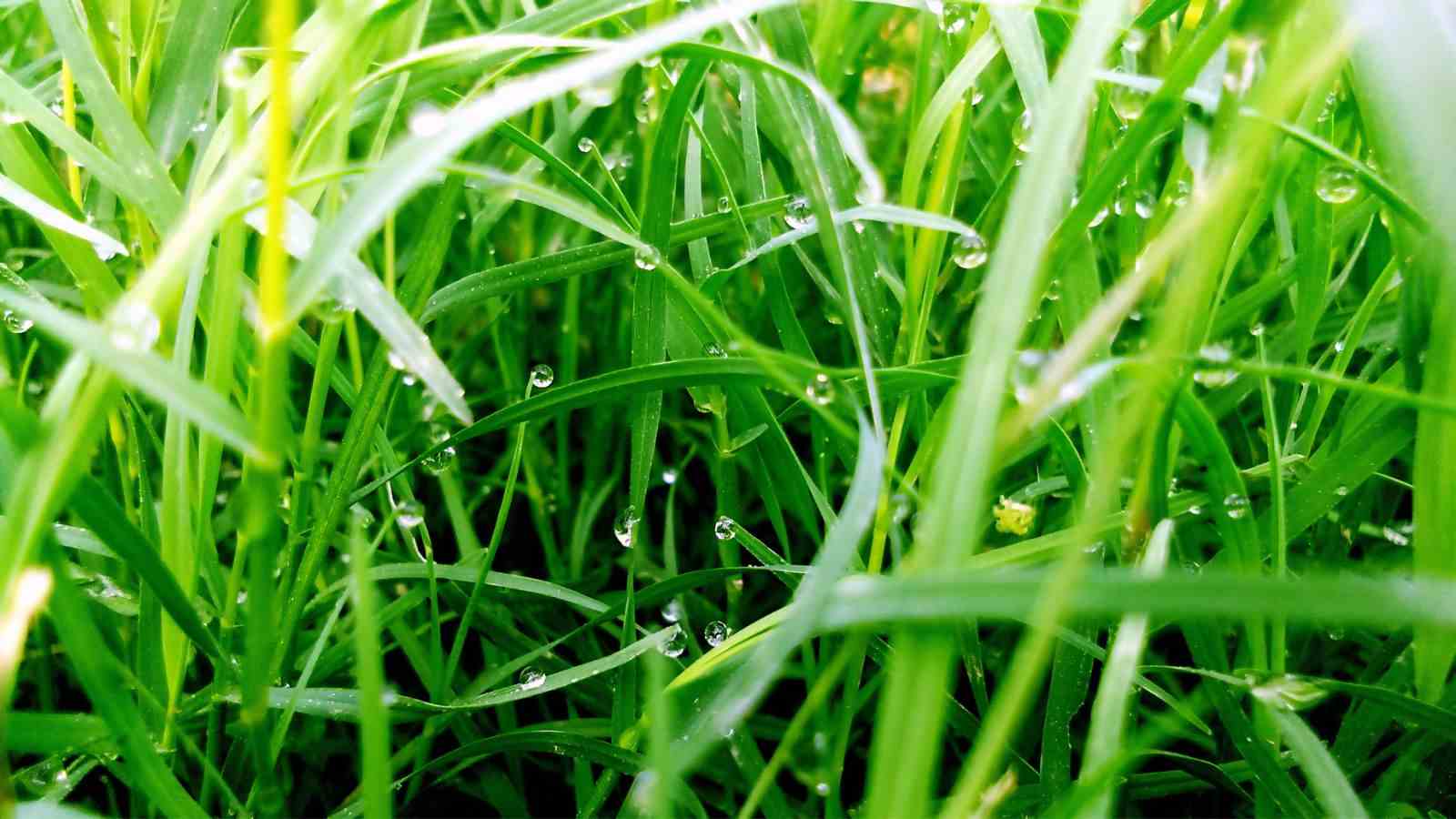
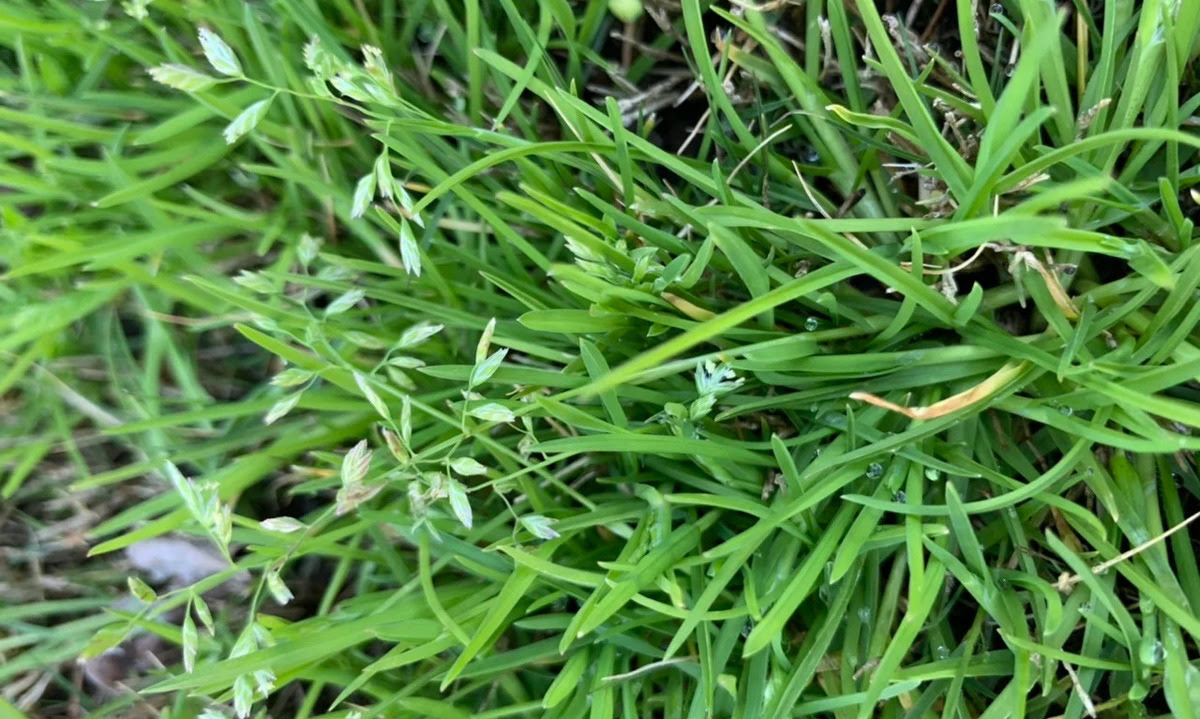
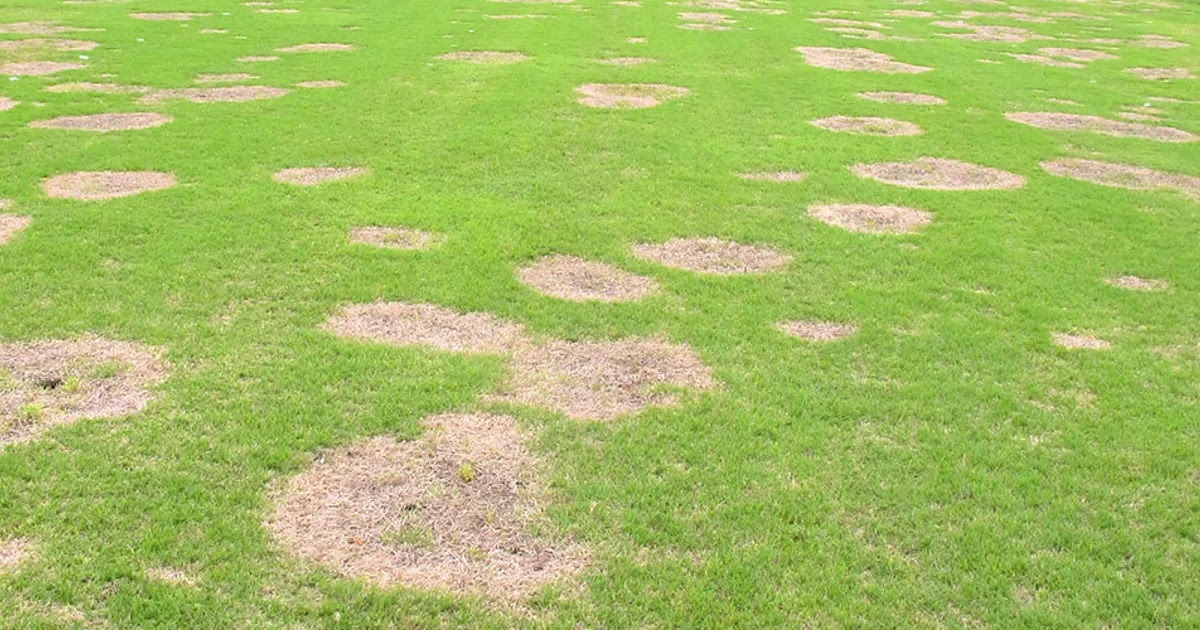
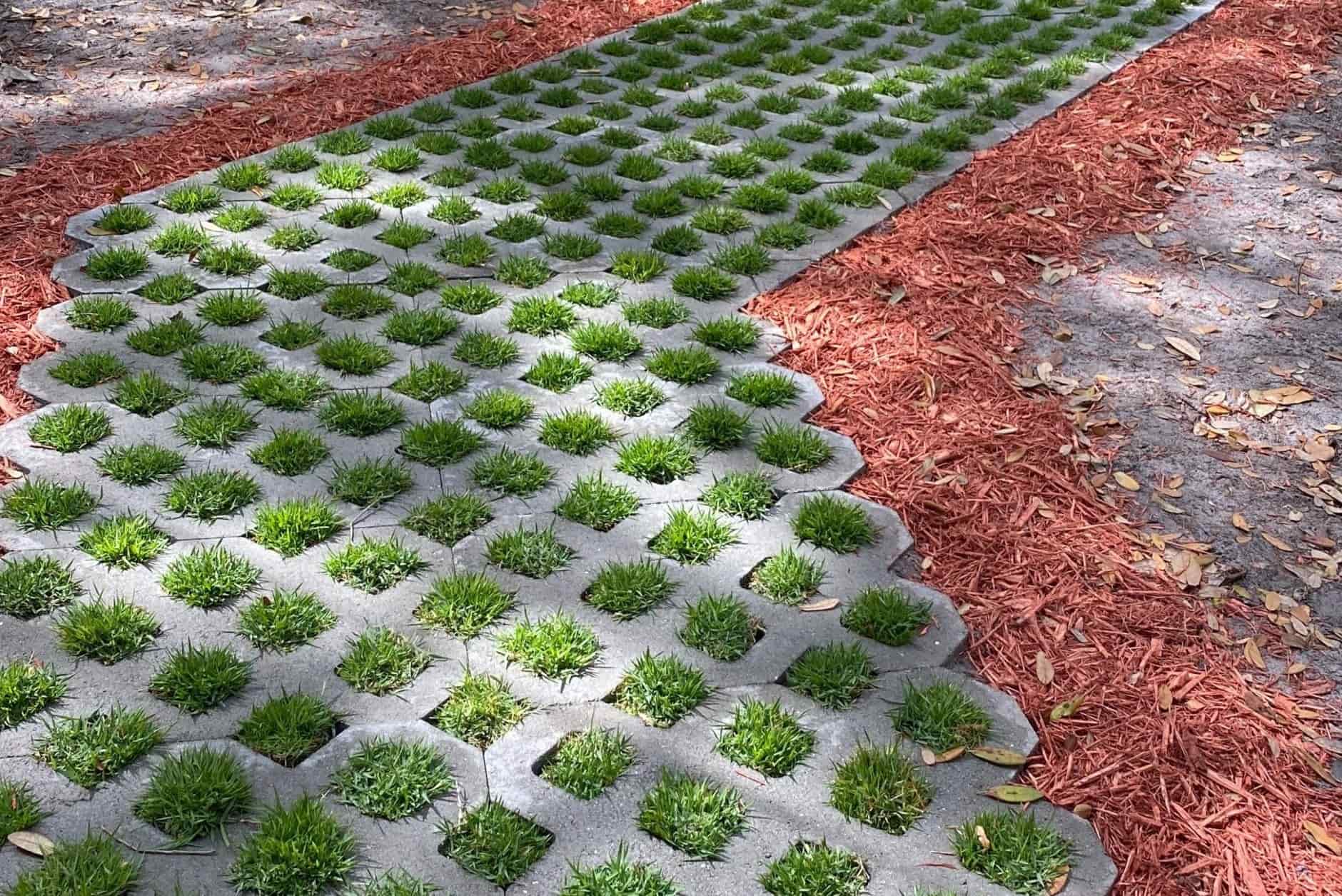
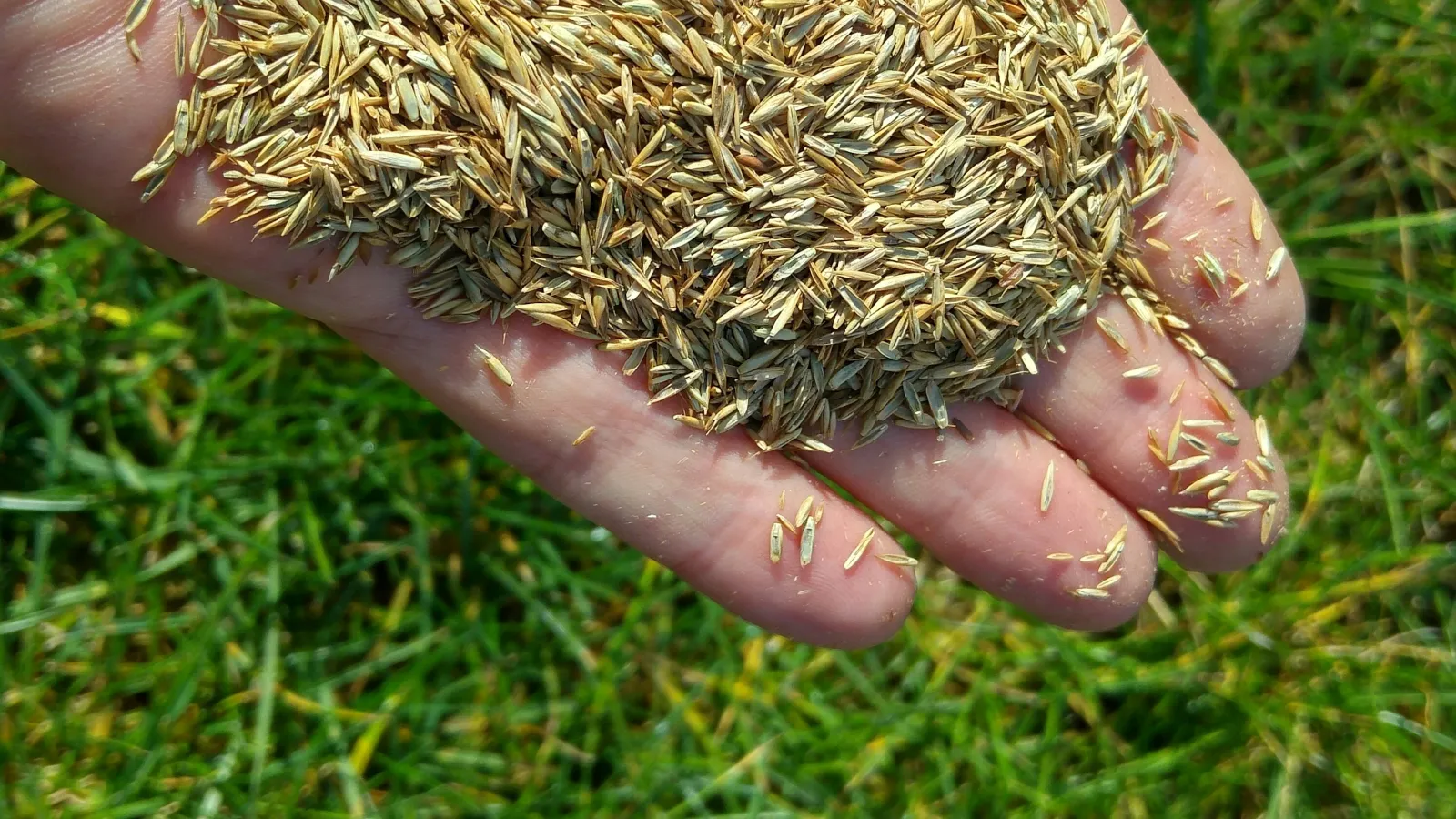
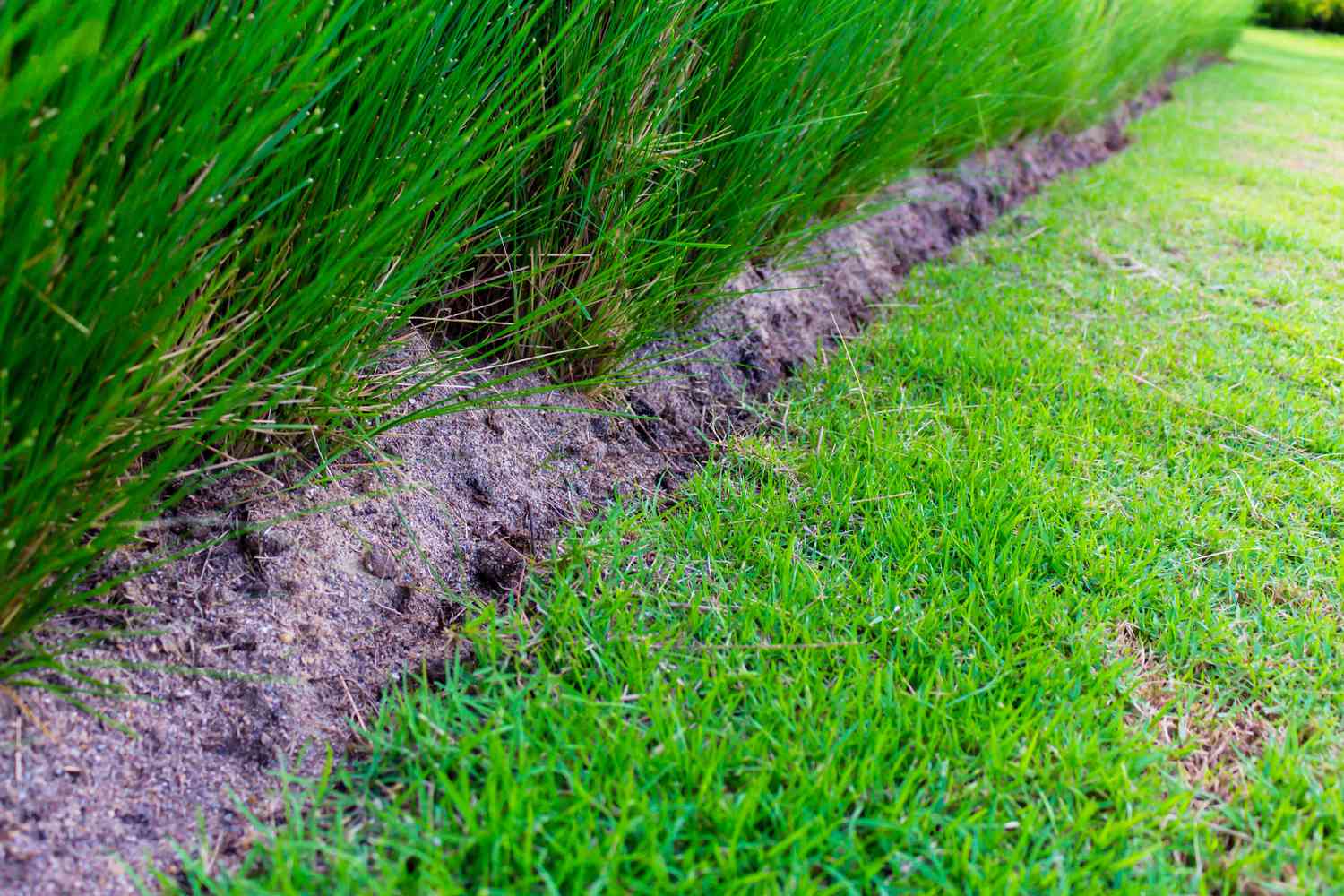
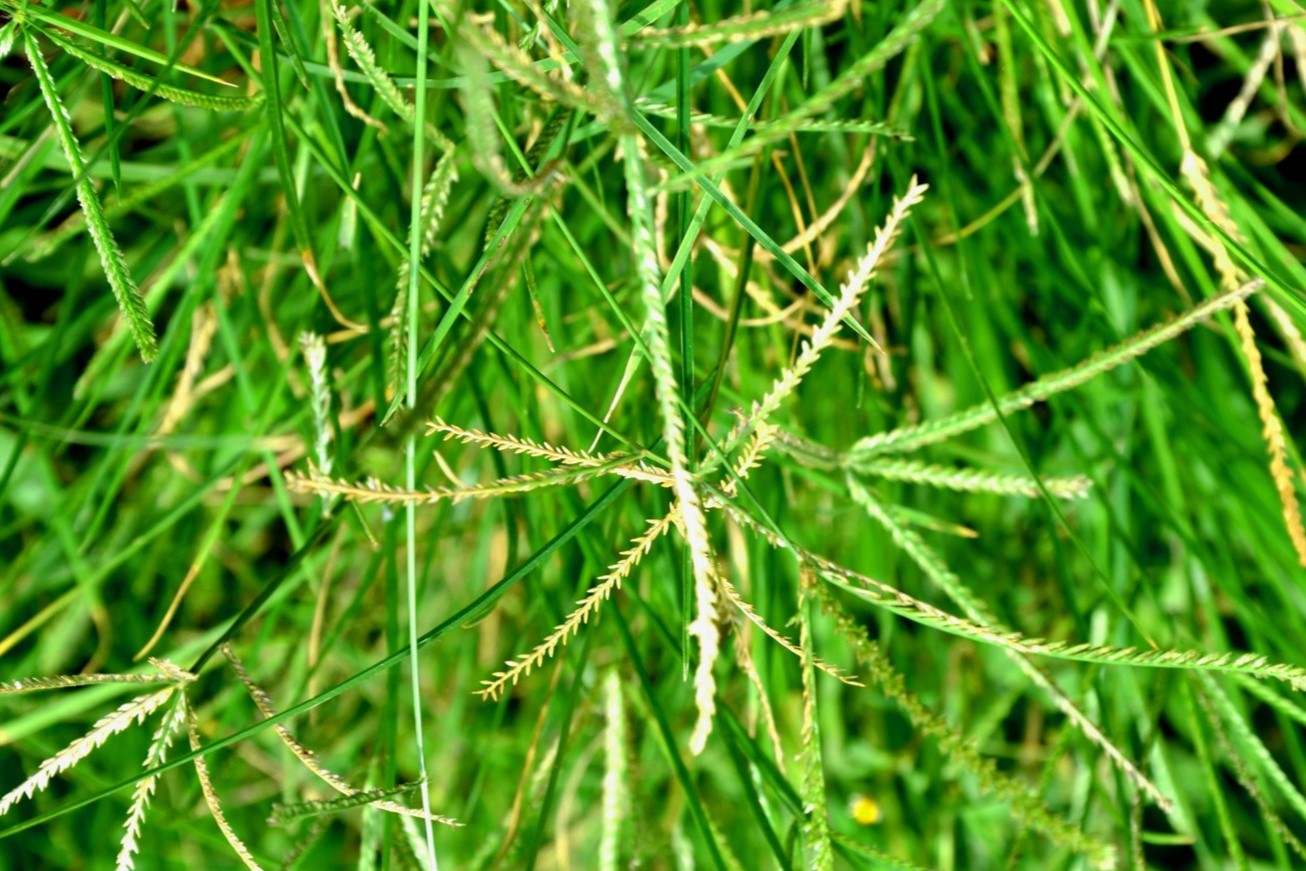
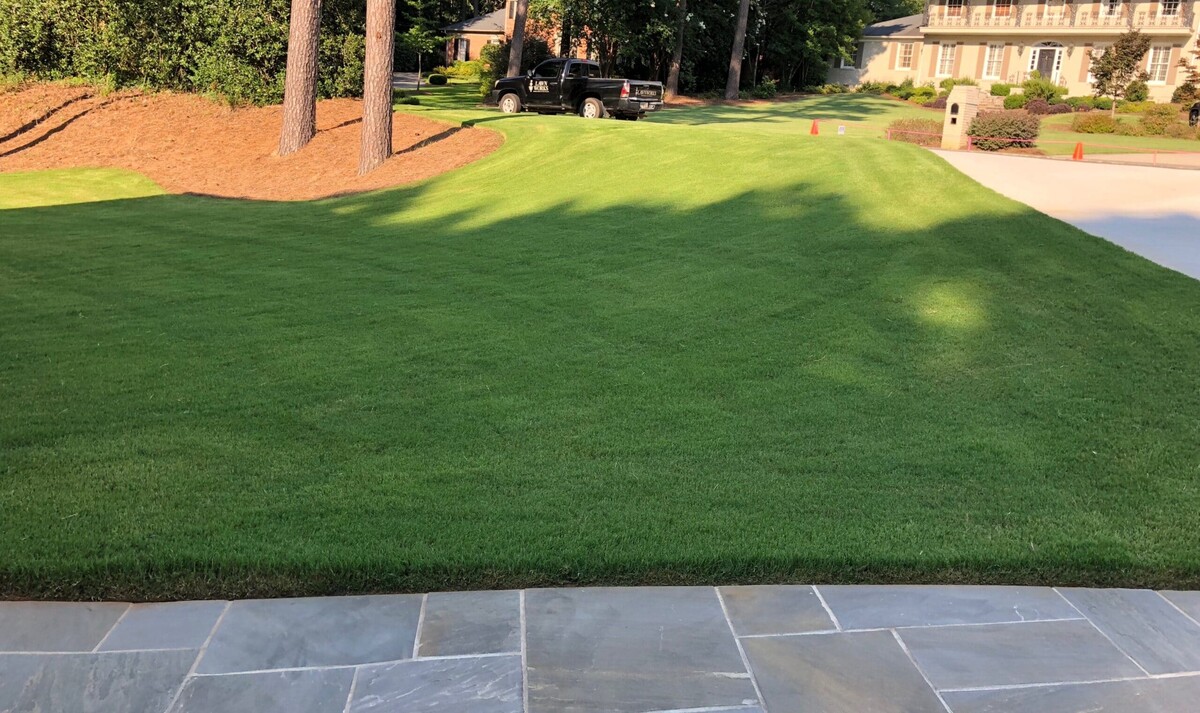
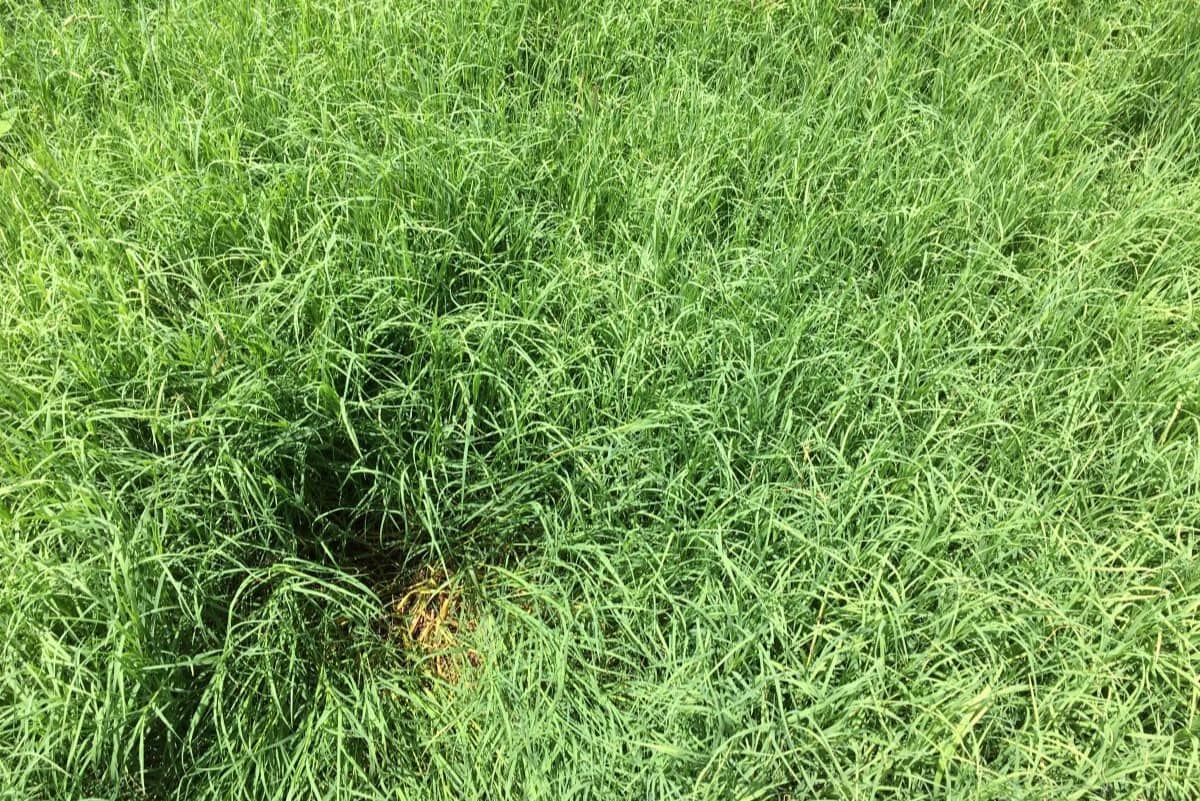
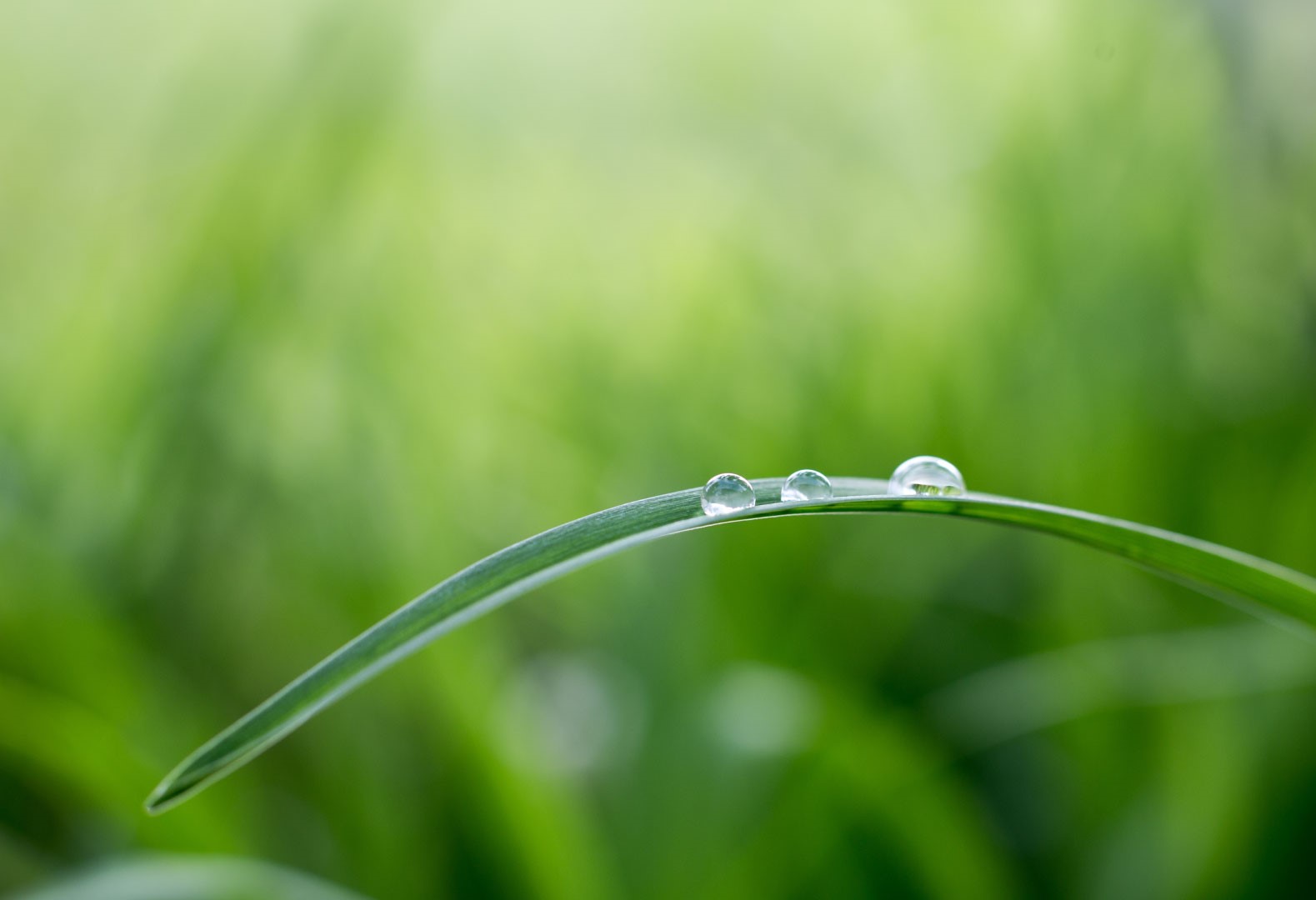
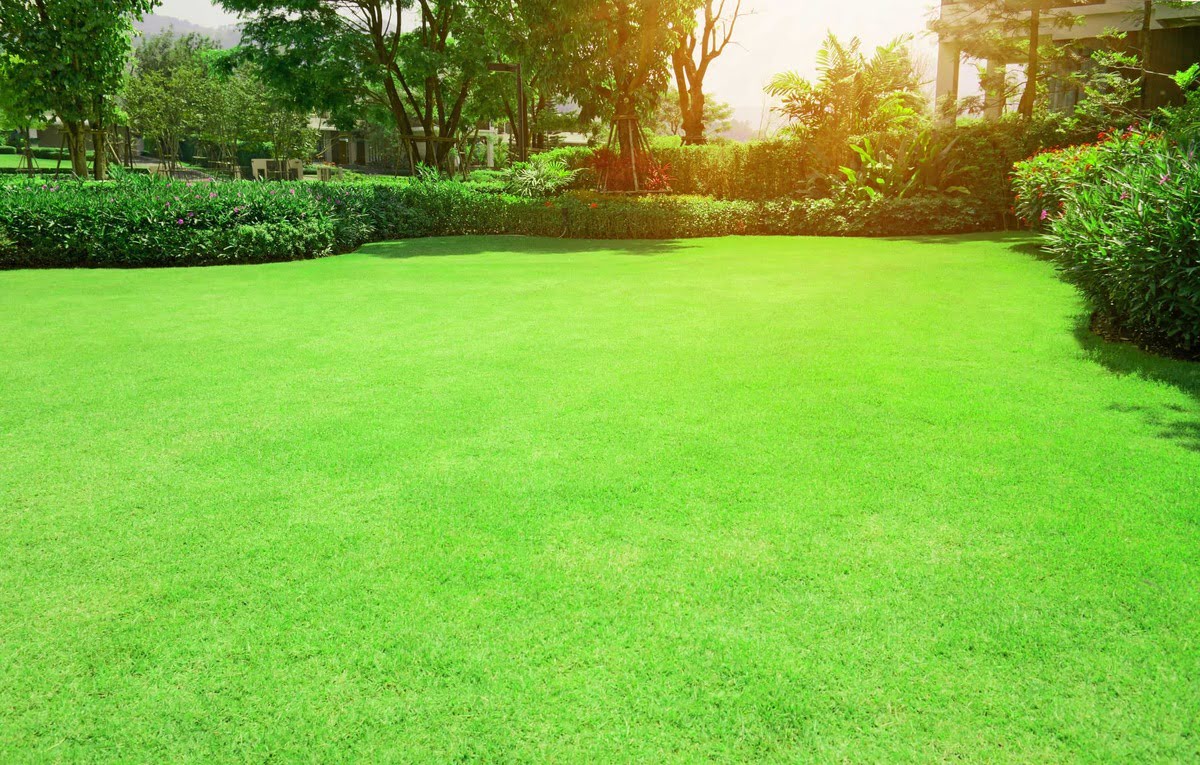

0 thoughts on “What Is Bermuda Grass”